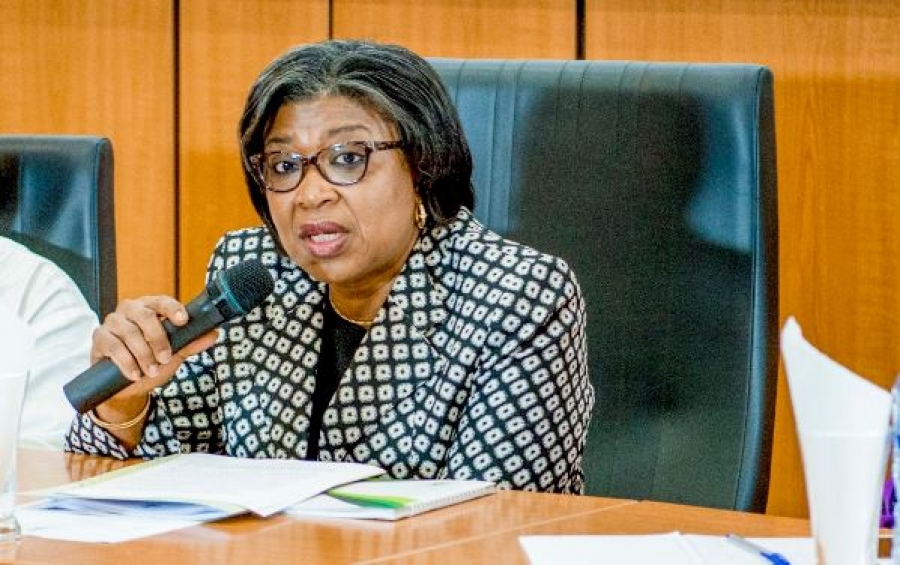Nigerian banks and foreign portfolio investors (FPIs) placed massive wagers totaling N1.6 trillion on OMO bills during the Central’s two primary market auctions last week.
According to analysts, the monetary authority’s two market auctions drew strong investor interest as they sought to lodge funds in short-term investment choices.
Again, the apex bank reduced the spot rate on OMO bills with one-year maturities, where investors saw the most value and placed large bets despite relatively high interest rates.
According to a notice from Cordros Capital Limited, the overall subscription level at the first auction was N891.46 billion, up from N86.50 billion in July.
Analysts noted that the CBN offered instruments worth N500.00 billion, more than 3x N150.00 billion offered in July for subscription. Eventually, the CBN allotted N869.46 billion.
The breakdown showed that the standard maturities offer was split as N5.00 billion for the 92-day, N10.00 billion for the 176-day, and N854.46 billion for the 358-day.
Stop rate for 92-day OMO bills was 18.5%, according to auction results. The CBN offered rate for 176-day OMO bills was 19.3% while 358-day OMO bills was priced at 21.89%, 2 basis points.
At the second auction, participants were mostly interested in the 1-year bill offered, with zero interest recorded for the 91-day bill.
The total subscription level printed N765.00 billion amid N1.85 trillion worth of bills on offer.
Accordingly, the CBN allotted N758.00 billion for the 364-day at a stop rate dropping by 2 basis points 21.87%, while no sales were made on the 91-day and 175-day bills.
In 2019, the CBN exclude non-bank locals (individuals and corporates) from participation in its Open Market Operations (OMO) at both the primary and secondary market.
CardinalStone Partners explained that the exclusion implies that only Deposit Money Banks (DMBs) and Foreign Portfolio Investors (FPIs) can participate in OMOs, while everyone else, including non-bank financial institutions, will have to shift focus to T-bills and other investment options.













